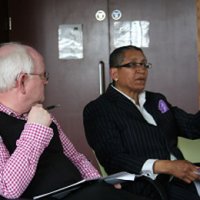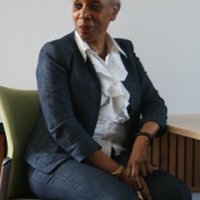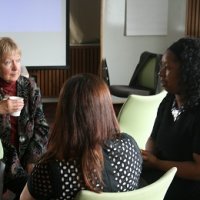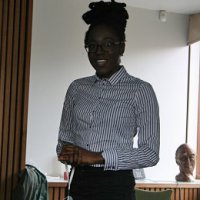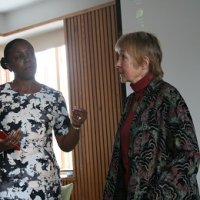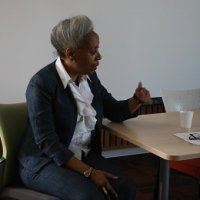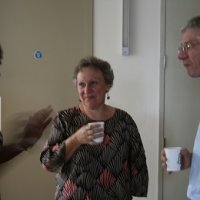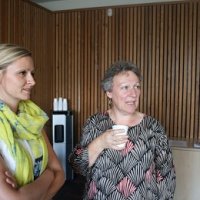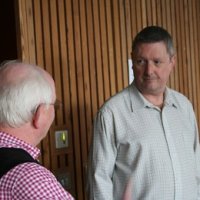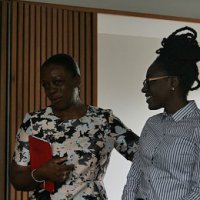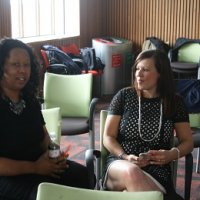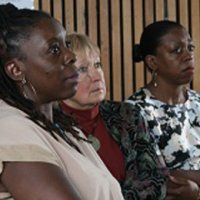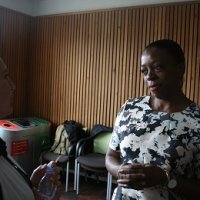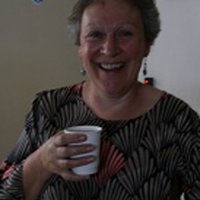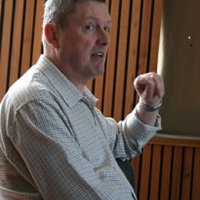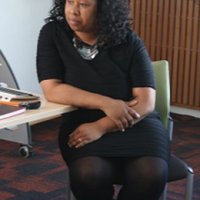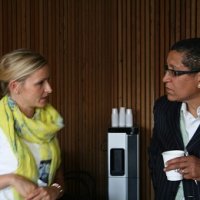IEDP, 23 Jun 2015
The 2015 Annual General Meeting of the IEDP had an employment theme, considering how to put Equality and Diversity into the workplace, and focusing on initiatives that have worked. Click here for further information: Flyer For Seminar 23rd June 2015
This event, held in London on 23 June 2015, focused on the theme of how to be a diverse employer. Our first speaker was Simon Langley, UK Head of Inclusion at National Grid. After giving us a bit of background about the work of National Grid and his own experience as an Inclusion and Diversity professional, he focused on the business case for being a diverse and inclusive employer. He argued that there is a clear link between engagement and productivity, saying that it is obvious that if employees enjoy their working environment and gain support from colleagues, there will be more effective team working (sharing of ideas, innovation etc), less sickness absence, more capability (as colleagues develop through support) leading to greater productivity. Leaving a portion of the workforce out of this working environment, would essentially mean less overall productivity for National Grid.
Simon shared with us National Grid's Inclusion Charter, which is divided into two sections: 'I expect to be...' and 'I will myself...' The PowerPoint of Simon's presentation is available in the members' area of the IEDP website - click here Resources from IEDP events.
Our second speaker was James Savile, HR manager from the Department for International Development (DFID). Unfortunately he was not able to be there in person, but he kindly sent us a presentation on video. This video can be seen in the members' area of the IEDP website - click here Resources from IEDP events.
James talked about how DFID recognises that it needs to set an example of having a high standard in terms of diversity and inclusion themselves, in order to be credible when talking to governments of other countries about how they would like them to operate. He mentioned how as a senior leader in the department talking about his own experiences of depression had helped to reduce the stigma that can attach to mental health issues. He described how DFID have tried to build on their successes in promoting gender equality, and replicate that it other areas where they wish to address under-representation. It was felt that their success in terms of the number of women in senior leadership roles had been achieved through:
- Signalling clearly where they wanted to go
- Setting targets
- Driving forward change so as to meet those targets
Our third and final speaker was Dr Yvonne Thompson CBE, entrepreneur and author of 'Seven Traits for Highly Successful Women on Boards'. Yvonne talked about her background in the music industry and the barriers she had faced as a women in a very male-dominated environment. She described how she had eventually made the decision to leave and to set up her own company.
Yvonne talked about the difference between the start of her career and now in terms of gender and race equality, and how there has been slow progress She referred to Lord Davies of Abersoch's report in 2011, recommending that by 2015 the FTSE top 100 boards should have a minimum of 25% female representation. At that time the figure was only 12.5%. Although this aspiration has not yet been achieved, the current level of 23% is a considerable improvement. Yvonne argued, however, that this trend is still too slow and that quotas were the only way to achieve the necessary culture change.
The event finished with a panel question and answer session. Our panel was made up of Simon Langley, Yvonne Thompson and Natasha Broomfield. Much of the discussion revolved around the use of quotas in various contexts, and whether their use is justified to bring real change in terms of representation at all levels in organisations.
After we thanked all speakers for their input the business part of the Annual General Meeting was quickly covered.


